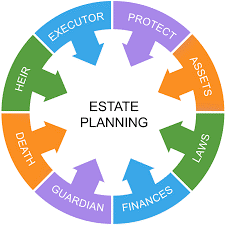
Jillian A. Mandarino, Esq. formerly Jillian A. Centanni, Esq. has been named to the 2020 New Jersey Super Lawyers – Rising Stars List for the fourth consecutive year!
Jillian A. Mandarino, Esq. formerly Jillian A. Centanni, Esq., Founder and Owner of The J. A. Centanni Law Firm has been selected to the 2020 New Jersey Super Lawyers – Rising Star list. This is an exclusive list, recognizing no more than 2.5 percent of Attorneys in New Jersey who are less than forty years old or have been practicing law for less than ten years. Ms. Mandarino has been


